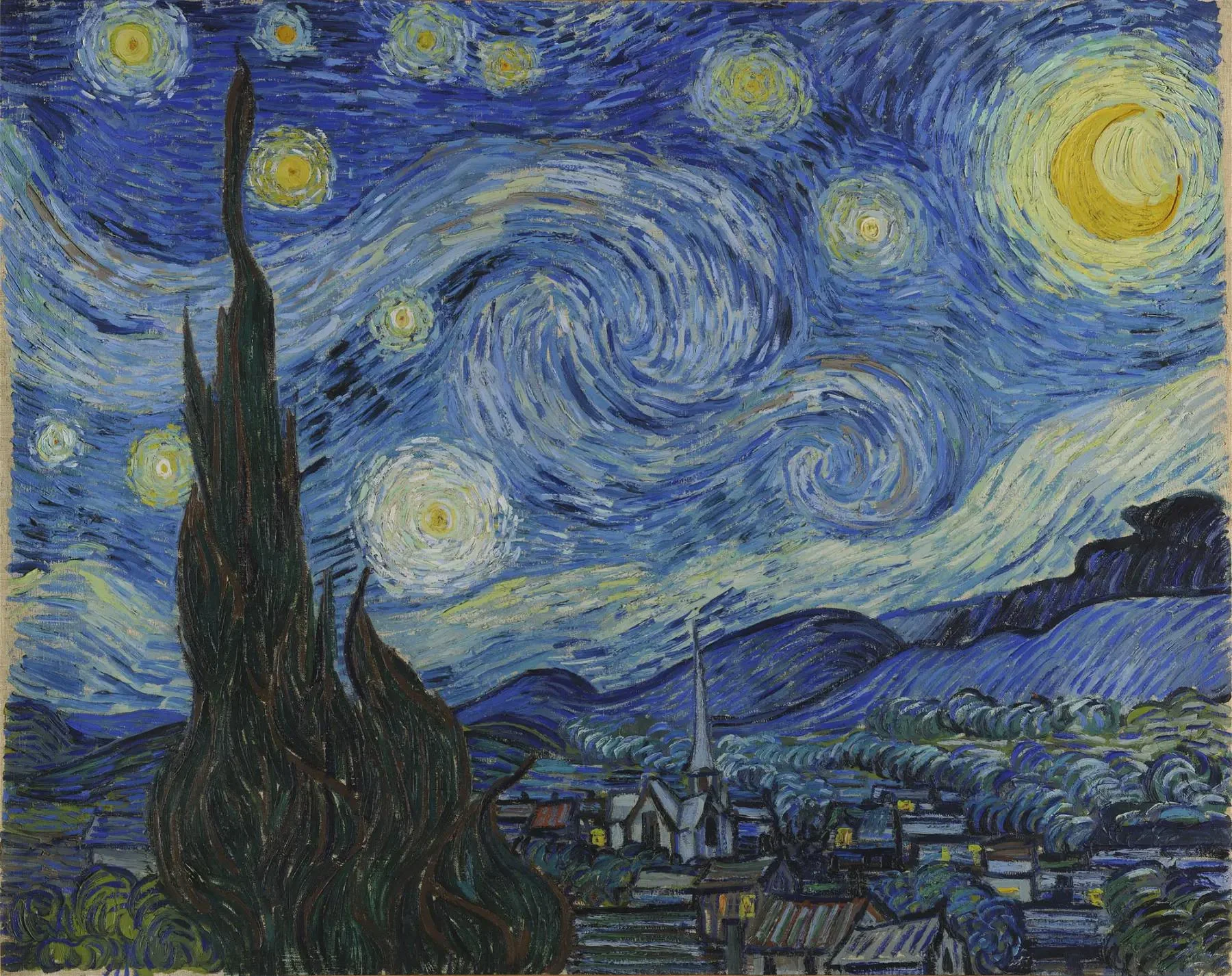The Buddha describes some of the wrong views on attaining purity as well as the the state of an Arahant in these verses.
I see the pure, the supreme, the free from disease [1], Through such vision, a person achieves complete purity; Directly knowing and understanding this as the ultimate, He continues to observe this purity, from which profound insight arises.
If through seeing, purity arises in a person, Or through insight, he abandons suffering; Though seemingly cleansed, he remains attached, His assertions reveal such views [2].
A true Brahmin does not claim purity from another, Neither through what is seen, nor heard, nor through virtue, nor silence; Unsullied by deeds regarded as meritorious or sinful, He relinquishes what he had grasped, refraining from concocting anew.
Letting go of the former, yet longing for the next, Driven by impulse, they fail to transcend attachment; Grasping and releasing repeatedly, Like a monkey swinging from branch to branch.
A being, adopting precepts on their own, Experiences highs and lows, fettered by perceptions; One who is wise, having realized the Dhamma, Remains unshaken, untouched by such highs and lows. [3]
He stands apart from all phenomena, Unaffected by what is seen, heard, or conceived; Naturally embodying this as he wanders openly, Who in this world could possibly define him?
They neither speculate nor do they prioritize, Nor do they proclaim themselves as absolutely pure; Untying the knot of grasping, They harbor no longings anywhere in the world. [4]
For such a Brahmin, no boundaries exist, whether knowing or seeing, they hold to nothing; Neither passionate for sense-desires nor attached to dispassion itself, They hold on to nothing as the ultimate truth.
[1] The pure, the supreme, the free from disease are references to Nibbāna.
[2] Verse 2 is a reference of purity gained through means other than the following of the eightfold path, such purity would be prone to attachment.
[3] Adopting precepts along do not lead to purity. Fettered by perceptions is a reference to defiled perceptions, misperceptions or distorted views that arise due to the presence of the roots of passion (lust/greed/craving/holding on/grasping), aversion (ill-will/hate/resentment) and delusion (tendency to not closely examine and verify)
[4] This verse is a reference to the subtle amounts of craving/desire/attachment that can remain when one engages in speculation, in prioritizing or in proclaiming themselves as absolutely pure.
Picture: Starry Night, Vincent van Gogh, 1889
Related Teachings:
Verses on the Ultimate (Snp 4.5) - In these verses, the Buddha is describing what prevents full liberation.
Corrupted Mind (SnP 4.3) - Boasting of one's virtues or engaging in disputes does not lead to freedom of mind.
33 Synonyms for Nibbāna (from SN 43.12 - 43.44) - This compilation of teachings is an invitation to broaden one's personal understanding of what the state of Nibbāna is.
